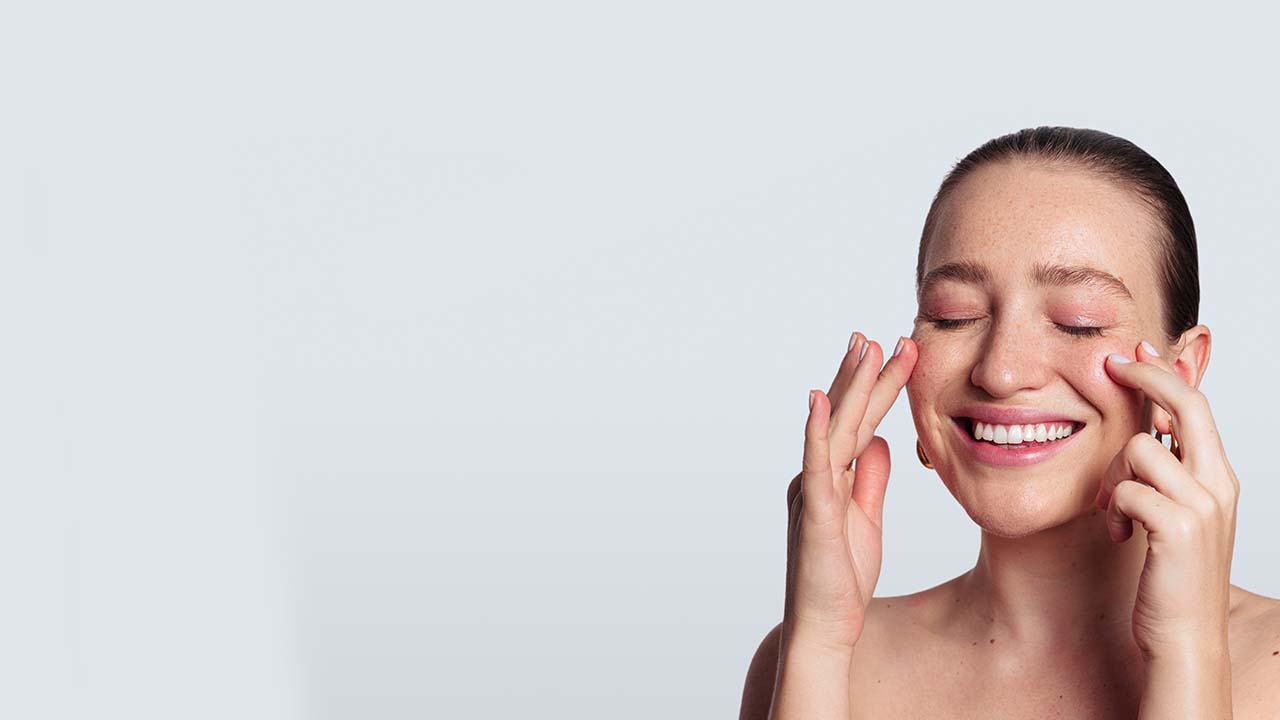Skincare is an important part of your beauty regimen.
While makeup trends come and go, maintaining healthy skin will always be important.
Starting or finding the right skincare regimen can be daunting. How many products should you buy? How many steps should you have? When should you do it?
Skincare and beauty, in general, have become more complex with time. However, there are tried and true steps you can take to maintain healthy skin.
The three main skin care steps you should take everyday are cleansing, treating, and moisturizing. If you do nothing else, you should aim to do all these three every day.
If you are looking to take your skincare routine to the next level, we include a few additional steps below.
Cleansing
A basic for everybody, cleansing is a must-have for any skincare routine.
Cleansing clears dirt and impurities that are clogged in your pores – restoring dull skin and preventing acne and other skin conditions.
While cleansing is necessary, you need to understand your skin before buying any cleansing product or determining how often you clean your face.
People with dry skin, for example, might want to avoid cleansing their face too regularly during the day. Cleansing once a day at night, and in the morning rinsing with warm water should do.
The products you buy also depend on your skin type. As a rule of thumb, you should buy gentle cleansers that cleanse your skin without stripping its microbiome.
Toning
Using a toner is not mandatory, however, it is a great way to refresh your skin. It removes excess dirt left on the skin after cleansing.
It’s also a great way of gaining a healthy and natural glow.
Certain toners are known to treat hyperpigmentation, tighten pores, and prevent skin damage.
Avoid harsh alcohol-based toners – these dry your face and promote the formation of wrinkles.
Use a serum
Using serums is part of treating your skin. Just like cleansing, using a serum should be a basic step in your skincare routine.
Serums serve several purposes depending on your skin concerns. Whether you want to brighten your skin or fight the effects of aging – there’s a serum out there for what your skin needs.
Serums deliver concentrated amounts of ingredients meant to treat various conditions and that is why they are so important.
Serums can be used twice a day or once a day depending on the type you get. Make sure to read the instructions to understand how best to use your serum.
Moisturize
Keeping your skin hydrated, soft, wrinkle-free, and supple depends on how often you moisturize.
Moisturizers strengthen the skin, maintaining its health longer.
You should use a moisturizer with every cleanse or wash. It is an important part of your skincare regimen that cannot be ignored – especially the older we get.
There are different moisturizers depending on your skin type and skincare needs.
People with oily skin should use lighter moisturizers, while people with dry skin might prefer creams rich in humectants and emollients to better hydrate their skin.
Use a sunscreen
Everyone under the sun needs sunscreen.????
Dermatologists maintain that this is the most important step in your regimen.
We’re all affected by UV rays????. These rays not only age us prematurely, but they can cause adverse health conditions like skin cancer.
Caring for your skin means using your sunscreen every time you need to step outside.
Sunscreen is also a great tool for managing hyperpigmentation.
If you do not want to buy too many products, you can buy a moisturizer that already has SPF.
In Conclusion
Skincare routines lately seem a bit more complex and sometimes have too many steps. However, if you do the three key steps mentioned above, it should be enough.
Of course, we all need an extra boost and might want the facials and masks every now and then.
These extra steps help us treat specific conditions that the basic steps cannot do.
If you’re looking to elevate your skincare and get hydrated, wrinkle-free, and tighter skin that removes the effects of aging, contact us here.
None of the statements on this blog have been evaluated by the FDA.
Furthermore, none of the statements on this blog should be construed as dispensing medical advice, nor making claims regarding the cure of diseases. You should consult a licensed health care professional before starting any supplement, dietary, or exercise program, especially if you are pregnant or have any pre-existing injuries or medical conditions.


